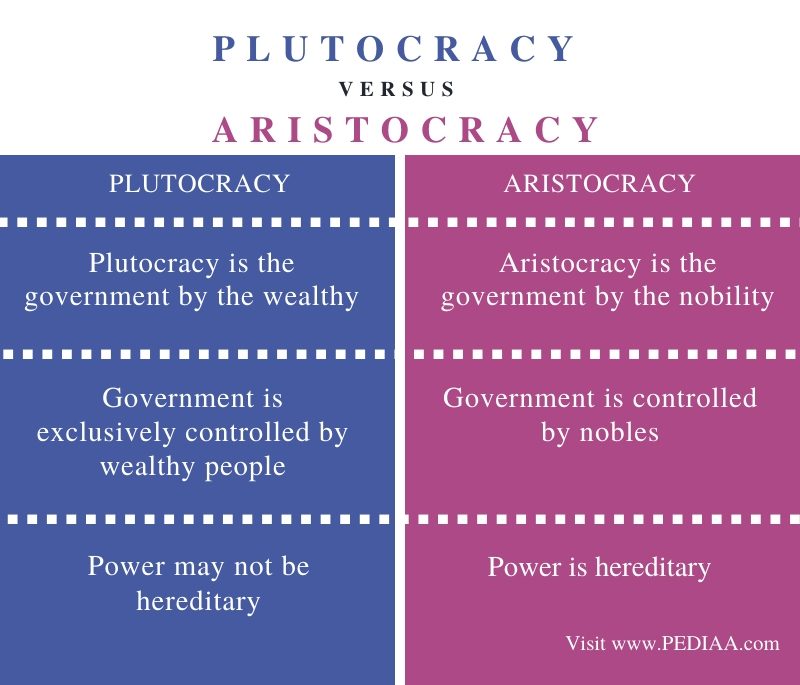

“Not only do ordinary citizens not have uniquely substantial power over policy decisions,” the researchers write, “they have little or no independent influence on policy at all.” However, their work suggests that a single group of well-organized citizens exerts about as much influence over policy as a single elite interest group, and that businesses tend to get what they want in part because, currently, about twice as many elite groups as citizen groups are focused on each issue. By comparing the policy preferences of citizens and interest groups at different levels of income to legislative outcomes, they have found that the opinions of economic elites and corporations determine government action. Research by political scientists Martin Gilens and Benjamin Page illustrates the extent to which democracy in the U.S. It’s important to begin by establishing how much influence the public currently has over policy change. It’s vital that we think about these questions and consider how much power needs to be built to enact not just any one of the existing GND plans, but an explicitly post-growth GND. It remains to be seen whether the current popular support for a GND will endure and how opposition will grow when the depth of change demanded by our crises comes into greater focus. However, there is no one definitive GND policy platform, and no prominent version foregrounds the need to set limits on consumption and make other major institutional changes necessary to achieve a SSE. Establishing a non-growing, steady state economy (SSE) could allow for the stability and equitable provisioning needed to rapidly reduce emissions and address the many issues driven by overwhelming human demands on our finite planet. Wealthy societies must consume less, as I and others have argued elsewhere, and the economy must be restructured to do so while avoiding the ills of economic recession.

With little reason to expect the same sort of business support for a full-scale GND today, its fate (and ours) rests upon the climate movement’s ability to democratize society and wrest governing power from business interests.Ī holistic view of the existential issues facing humanity reveals the need for a transformation of the economy that goes beyond a transition from fossil fuels to renewable energy. Details like this demand that activists take a closer look at the workings of power in our society. Many supporters of a GND might be surprised to learn, for example, that among the coalition of forces that delivered these New Deal reforms was Standard Oil of New Jersey-a firm that we know today as Exxon-and much of the rest of the oil industry.

But some essential historical details are often omitted from the story.
#PLUTOCRACY PYRAMID FULL#
That era has drawn significant attention recently as climate activists use it as a blueprint for today’s struggle to pass a Green New Deal (GND) that addresses the full scale of the climate crisis. New laws and government agencies put the public back to work, established a social safety net, and stabilized the economy, saving the country from collapse. The standard narrative could hardly be more epic: in the midst of the Great Depression, everyday American citizens and labor unions organized huge protests and strikes that pushed the federal government to pass historic reforms.

note: This essay was previously published at the Trouble.įor many, the New Deal is a shining example of what people power can accomplish.


 0 kommentar(er)
0 kommentar(er)
